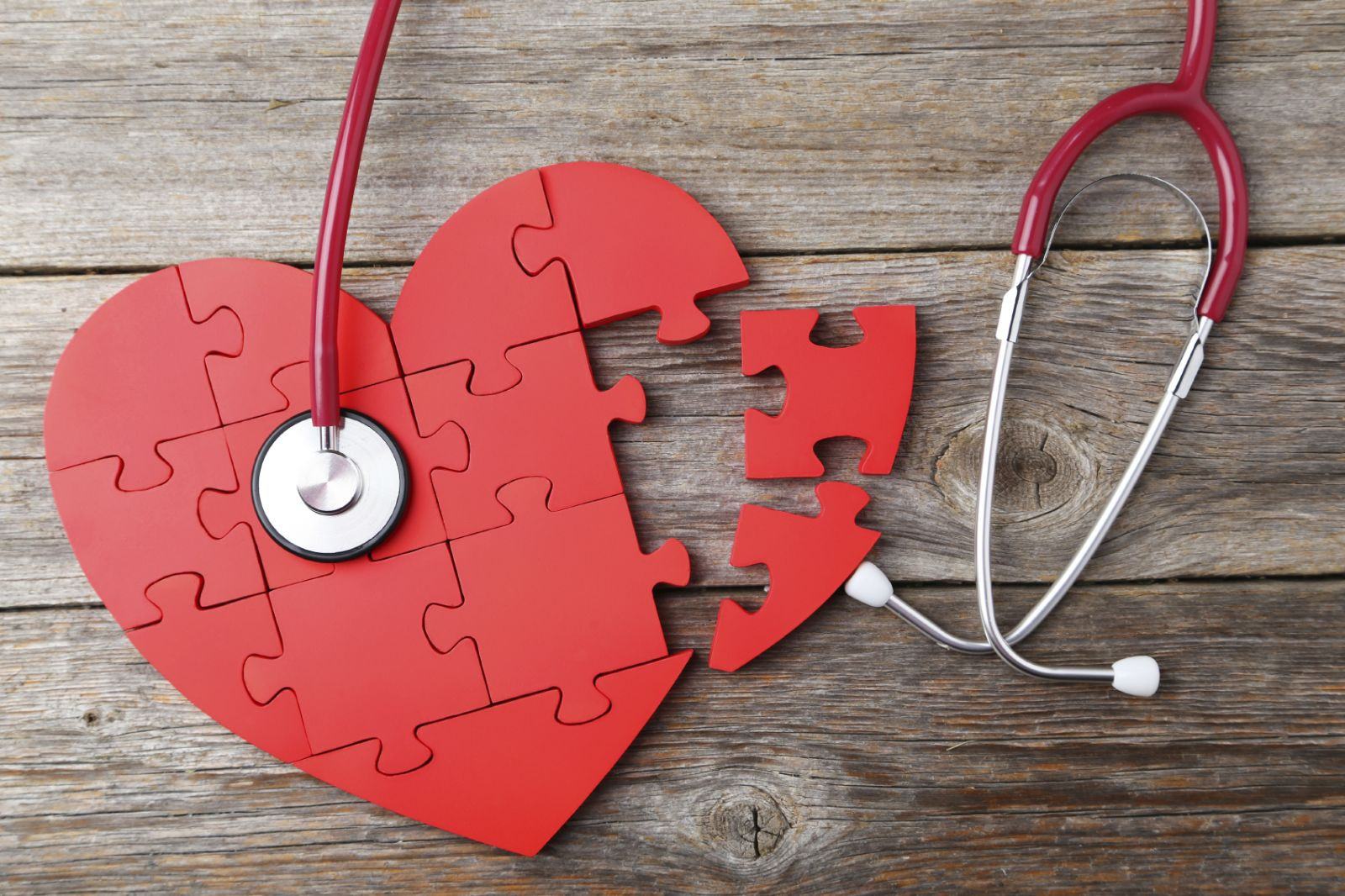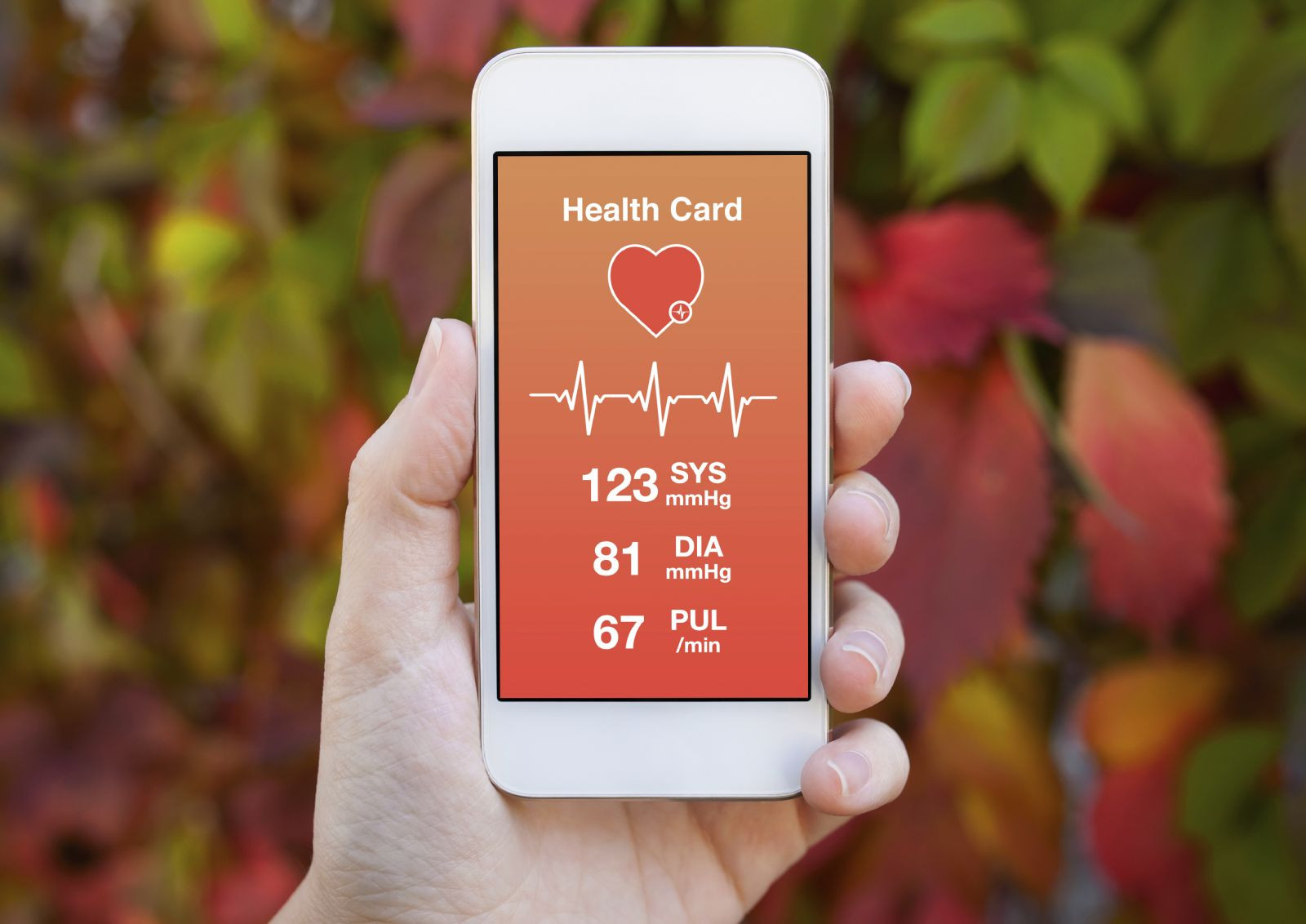
Trying to lose weight? Be careful not to lose muscle

Is your skin problem actually an autoimmune condition?

People with diabetes face higher risk of hearing loss

Antibiotic-free fixes for recurrent UTIs

Musculoskeletal syndrome of menopause: When menopause makes you ache all over

When can older women stop getting mammograms?

To lose weight, especially harmful belly fat, combine diet and exercise

Can men hold off on treating recurring prostate cancer?

The 7 types of rest and why we need them all

What are the early warning signs of cervical cancer?
Medical Devices & Technology Archive
Articles
Keeping the heart in the right rhythm
Implantable cardiac pacemakers help millions of people live longer and feel better.
Over the past several decades, permanent cardiac pacemakers have become a lifesaving staple of cardiovascular care. These tiny electronic devices consist of a miniature computer that is inserted under the skin of the chest. The unit sends impulses through wires (called leads) that stimulate the heart muscle to beat at regular intervals.
"There are many indications for getting a pacemaker, but nearly all involve correcting a slow heart rhythm or helping the heart to beat more efficiently," says Dr. Peter Zimetbaum, associate professor of medicine at Harvard Medical School. "In some situations, a pacemaker is needed in order to prevent death. In other cases, the device is used to improve overall heart function, which in turn also improves quality of life."
Sleep apnea solutions that lower cardiovascular risks
Image: Bigstock
Devices to treat nighttime breathing problems may help lower blood pressure and reduce the harm to your heart.
Peaceful slumber is often a pipe dream for people with obstructive sleep apnea. More than 25 million Americans have this problem, in which the tongue or throat tissue temporarily blocks the airway during sleep. The resulting pauses in breathing (called apneas) lead to explosive snoring or gasping for breath—sometimes more than 30 times per hour.
Replacing an aortic valve without open-heart surgery
Image: iStock
Cardiologists expect wider use of the less-invasive technique—known as TAVR—in the near future.
The one-way valve inside your aorta opens to allow blood to surge from the heart to the rest of your body. But as you age, the valve's leaflets may stiffen and become clogged with calcium deposits, restricting blood flow. About 12% of people ages 75 or older have this condition, known as aortic stenosis. Symptoms include feeling dizzy, faint, tired, and breathless. Unless the valve is replaced, half of people with symptoms from aortic stenosis die within two years.
5 new cardiac technologies to watch
These innovative devices and procedures for diagnosing and treating heart conditions are on the horizon.
For the most part, the Harvard Heart Letter focuses on treatments that are already available for people with heart disease. In this article, we're making an exception. Editor in Chief Dr. Deepak L. Bhatt selected five innovative technologies in the world of cardiovascular health that he predicts we'll be hearing more about in the coming years.
Vanquishing varicose veins
Image: Bigstock
The raised, tortuous vessels may be controlled with support hose, and they can be eradicated in a quick, outpatient procedure.
Varicose veins are one cardiovascular condition that usually isn't considered serious or life-threatening. Around half of all women have them, and most regard them as a cosmetic annoyance. However, they can be responsible for swollen legs, skin changes, and the development of leg ulcers.
Cellphone safety with a pacemaker
People who have a pacemaker or an implantable cardioverter-defibrillator (ICD) should keep cellphones and smartphones at least five to seven inches away from the device. Doing so helps prevent the rare possibility of interference between the two devices.
Must-have high-tech tools for caregivers
|
When you are caring for someone who is ill, elderly, or disabled, it's important to consider how you'll handle those times when you can't be with your loved one in person. Thankfully, today's technology offers options that can help you keep track of your loved one's safety and well-being.
Most people are familiar with the emergency response system known as Lifeline. Experts call devices and systems like Lifeline "telecare." But there's much more to telecare than emergency assistance. Today, there are a multitude of telecare devices that can help you stay informed of your loved one's activities and needs in real time.
Getting an MRI if you have a pacemaker
Ask the Doctor
Q. I've had a pacemaker for several years. Does it make sense to replace it with a newer model that is safe during an MRI scan?
A. Your concern is valid, given some estimates that many people who currently have an implanted cardiac electronic device will need magnetic resonance imaging (MRI) during their lifetime. Sometimes, computed tomography (CT) scans can be used instead. But MRI is the gold standard for diagnosing certain diseases of the brain and spinal cord.
Harvard researchers headline conference on gene editing
Harvard scientists are getting international attention for their work with breakthrough technology that can edit genes in living cells. Five Harvard experts—Dr. George Church of Harvard Medical School, and Drs. Keith Joung, David Liu, Kiran Musunuru, and Derrick Rossi, all of Harvard University—were featured speakers in the first-ever CRISPR Congress, held in Boston in February 2015. CRISPR stands for clustered regularly interspaced short palindromic repeats. These are segments of genes that contain repeating sequences of DNA.
The Harvard experts spoke to other scientists about CRISPR, which holds the potential to repair gene mutations, fight disease, and improve food supplies. Harvard researchers have demonstrated that CRISPR may be able to lower cholesterol levels, correct gene mutations, and block HIV infection. "Suddenly anyone can edit any piece of any DNA a thousand times more easily and precisely than before, which is game-changing for gene therapies, organ transplantation, aging reversal, and malaria," says Dr. Church.
Better health with smartphone apps
A variety of smartphone or tablet apps are available to support your heart health—for example, by allowing you to track home blood pressure readings and share them with your doctor. |
Downloadable software can educate and motivate, helping you to move in a healthier direction.

Trying to lose weight? Be careful not to lose muscle

Is your skin problem actually an autoimmune condition?

People with diabetes face higher risk of hearing loss

Antibiotic-free fixes for recurrent UTIs

Musculoskeletal syndrome of menopause: When menopause makes you ache all over

When can older women stop getting mammograms?

To lose weight, especially harmful belly fat, combine diet and exercise

Can men hold off on treating recurring prostate cancer?

The 7 types of rest and why we need them all

What are the early warning signs of cervical cancer?
Free Healthbeat Signup
Get the latest in health news delivered to your inbox!
Sign Up










